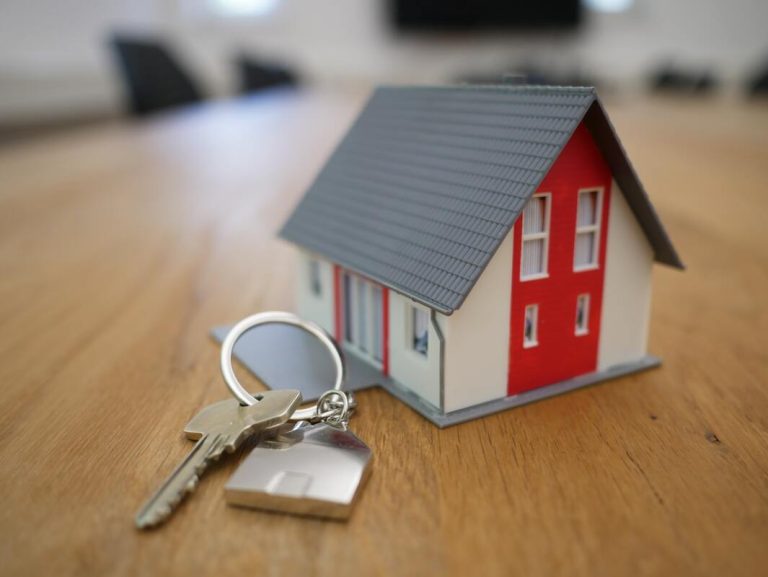There are many benefits to buying an older home. They often come with more character, have mature landscaping, and often are located in desirable areas. However, there are also a few things you should be aware of before signing on the dotted line. Here are a few tips on how to avoid issues when buying an older home.
1. Get a Home Inspection
One of the most important things you can do when buying an older home is to get a thorough home inspection. This will help you identify potential issues that could be expensive to fix down the road. You want to ensure that every part of the home is inspected, from the roof to the foundation to the plumbing and electrical system.
Be sure to hire a reputable inspector who has experience with older homes. They can tell you what needs to be fixed now and in the future. If they find any significant issues, you may ask the seller to repair them before closing. This will save you from having to do it yourself later on.
2. Research the Neighborhood
If you’re considering buying an older home, chances are you’re already familiar with the neighborhood. But it’s still important to research before making such a big purchase. Check out crime rates, school district ratings, and walkability scores. You can also talk to neighbors and get their thoughts on living in the area. This information will help you make an informed decision about whether or not the neighborhood is a good fit for you.
An excellent way to research the neighborhood is to hire a reliable real estate agent. They will be able to provide you with detailed information about the area and give you insight into what other homes in the area are selling for. Ask for referrals or search online for an agent specializing in older homes. They can guide you through the process and help you find the best home for your needs.
3. Know What You’re Getting Into
Older homes come with their fair share of pros and cons. For example, they may have beautiful hardwood floors or interesting architectural details, but they may also have outdated plumbing or electrical systems. Before making an offer on an older home, you must know what you’re getting into. Otherwise, you could be in for some nasty surprises down the road.
Always read the home inspection report and ask questions to better understand what needs to be fixed. If you’re unsure whether you can handle the repairs, you may want to consider getting a home warranty. This will help cover some of the costs associated with fixing issues that arise after closing. You should also consider setting aside money in your budget for any potential repairs that may come up down the line.
4. Have Realistic Expectations
You will be sorely disappointed if you expect an older home to be perfect. Older homes come with their fair share of quirks and imperfections. But that’s part of their charm! As long as you go into the process with realistic expectations, you should be able to find an older home that suits your needs perfectly.
Of course, you must also have a realistic expectation of the price. Older homes are often more affordable than newer ones, but they may require more work than a brand-new home. Be sure to factor in the cost of any needed repairs when setting your budget. This should help ensure that you don’t end up spending more than you can afford.
5. Be Ready to Negotiate
Buying an older home is a great way to stretch your budget, but you must be willing to negotiate with the seller. They may not want to make any necessary repairs, so you must be prepared to argue your case. Be sure to research comparable homes in the area to get an idea of what you should be paying for the property.
If necessary, enlist the help of a real estate attorney or agent to make sure you get the best deal. They can help guide you through the negotiation process and ensure that your interests are protected. Especially if you’re a first-time homebuyer, having someone knowledgeable and experienced can make the process much smoother.
Buying an older home can be a great way to get more for your money and live in a charming property. But it’s important to know what to look for and how to avoid potential issues. Always research the neighborhood and work with a professional to help you find the best home for your needs. Know what you’re getting into, have realistic expectations, and be ready to negotiate. With a little bit of preparation and due diligence, you can find an older home that fits all your criteria and is worth the investment.
